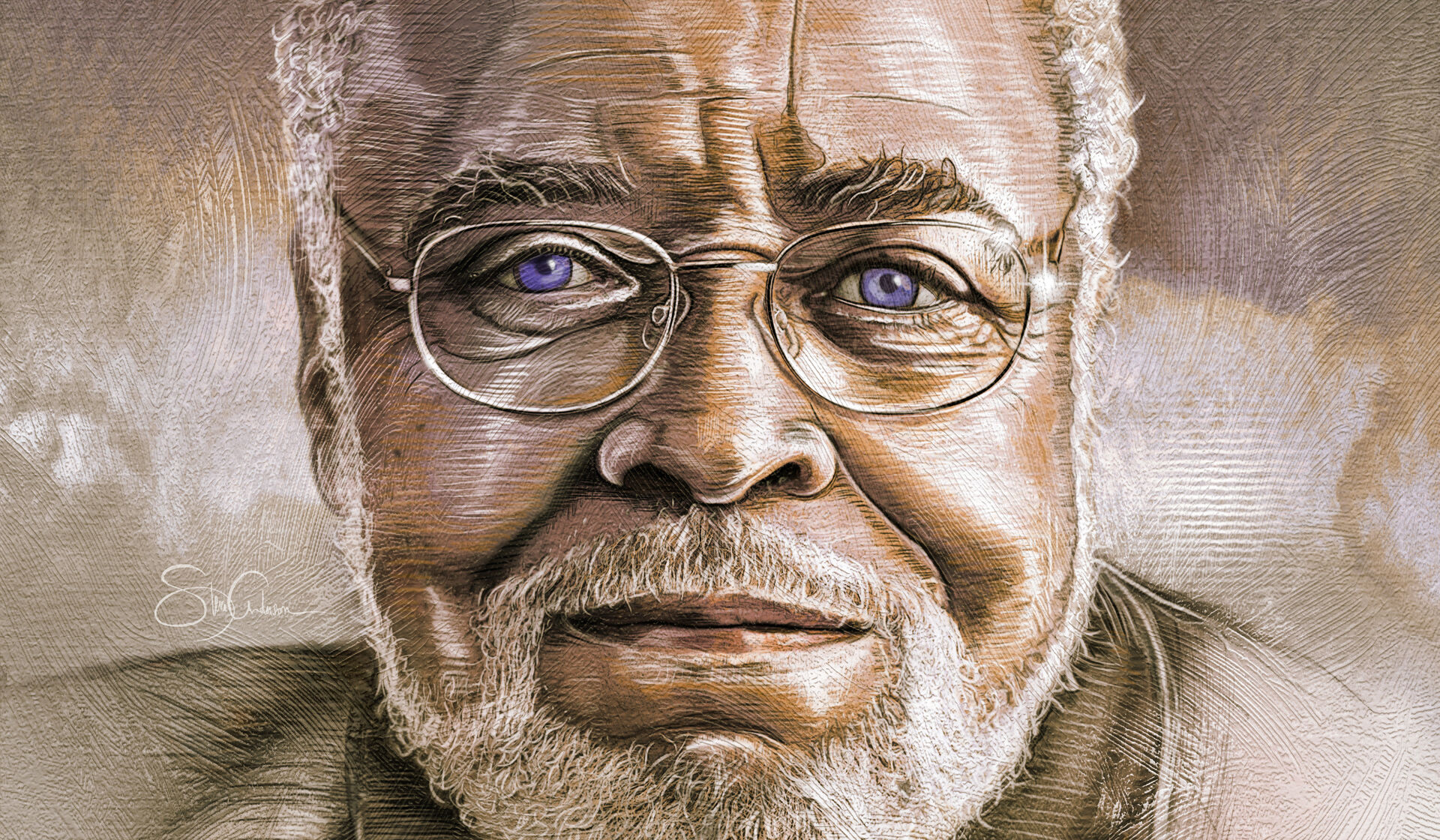The Mothers
By Brit Bennett, MFA’14
Riverhead Books, 2016
The many “mothers” in Brit Bennett’s deeply moving debut novel all process their existence as mothers differently, creating a tapestry of interwoven maternal visions around the same black Catholic church in San Diego.
There’s Elise Turner, the mother who shoots herself six months before the events of the book take place—giving birth, in a way, to the story. There’s Elise’s beautiful daughter Nadia, the protagonist, who is only 17 when her mother commits suicide. Grief and hormones drive Nadia into the arms of Luke Sheppard, a pastor’s son and former football star. When Nadia finds herself facing the prospect of her own motherhood far sooner than she’d anticipated, she and Luke each have decisions to make. Their choices will echo through the years that follow—especially once the secrets extend to Nadia’s best friend, Audrey. A good church girl, Audrey has had to flee from her own mother and will, in the book’s second half, pine for the chance to become a mother herself.
And, above all, there’s the older generation of black mothers who belong to Upper Room Chapel and speak as one unit like a mournful, gossiping Greek chorus. Their shared history gives them the wisdom of sages: “We cleaned after this world, scrubbed its hospital floors and ironed its shirts,” they narrate. “But the world didn’t want us.”
Bennett’s prose leads us across several years and from California to Ann Arbor, where Nadia attends the University on scholarship. The author channels through her character the raw sense of un-belonging that often comes with being a black student on campus. But there is a more general un-belonging that Nadia, Luke, and Audrey all feel, as keeping their secrets from each other eats away at their insides, and their conflicting desires only become more scrambled and contradictory as they age.
Every detail of the book’s beach community is exact, from the nautical-themed second- rate restaurants on the pier to the long, winding highways that can swallow people like Elise whole. Upper Room, too, becomes an authentic world, its sanctimonious older generation (including Nadia’s sullen, uncommunicative father and Luke’s parents, hiding secrets of their own) unable to provide clear moral guidance when it’s needed most.
Bennett began writing “The Mothers” in high school, and it carries the weight of a story that’s lingered in the mind for some time. Hopefully, we won’t have to wait as long for her next effort.
—ANDREW LAPIN, ’11
Disrupted: My Misadventure in the Start-Up Bubble
By Dan Lyons, MFA‘92
Hachette Books, 2016
Just over four years ago, Dan Lyons was a contented 51-year-old journalist with a wife and two kids, working his dream job as a technology reporter for Newsweek. Then, suddenly, it’s over. He is laid off without warning or severance and has to make his living in a world where conventional journalism jobs are disappearing by the day.
After a few false starts, he decides to reinvent himself, “to become a marketing guy at one of the hottest tech start-ups on the East Coast,” a firm known as HubSpot.
But when he arrives for his first day on the job, nobody knows that he is supposed to be working there. The man who hired him is nowhere to be found, and he hears a little voice inside his head “telling me that I’ve made a very big mistake.” With that begins one of the funniest, most sobering, best-written, and most compelling business books of the last few years.
Lyons embarks on a 20-month adventure in cloud-cuckoo-land, working for and with people who are typically less than half his age in an atmosphere that seems to be part middle school, part fraternity. His bosses alternately praise him and seek to make his life a living hell. He is paid what seems to be a very large salary to do work that is mostly at the level of a college internship.
And he drives himself half-crazy trying to figure out HubSpot, its culture, and a world in which investors enthusiastically pour money into a business that essentially makes nothing and is never really expected to make a profit. (“Think of yourself as an anthropologist,” a mentor advises.)
Though the amusing side of Lyons’ narrative is enhanced by the pseudonyms he gives his co-workers and tormentors (“Cranium,” “Wingman,” “Trotsky”), a serious and important critique of Silicon Valley also emerges. It is “a world where wealth is distributed unevenly and benefits accrue mostly to investors and founders … where older workers are not wanted … where poorly trained (or completely untrained) managers abuse employees and fire people with impunity, and where workers have little recourse and no job security.”
The bizarre twists continue even after the author tries to give notice and is summarily fired.
“Disrupted” is essential reading for anyone curious about Silicon Valley culture—and probably should be required for anyone considering starting a high-tech business today.
–JACK LESSENBERRY, MA’79





